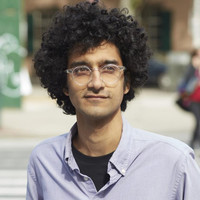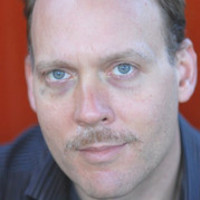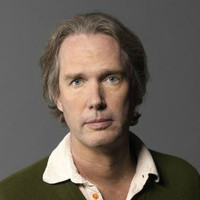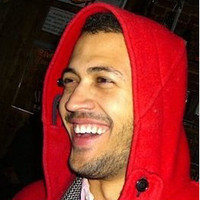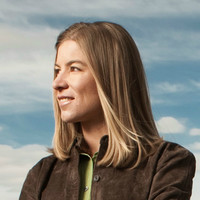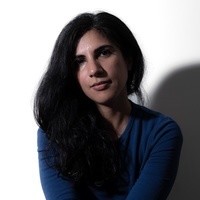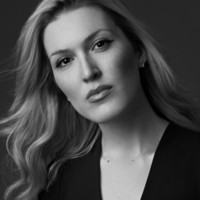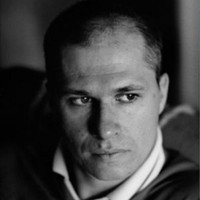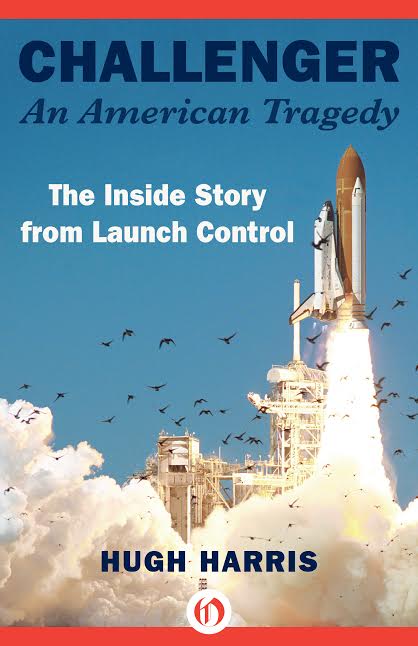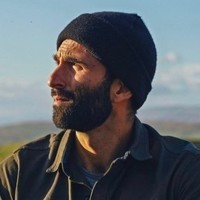Longform Exclusive: Best of Alternative Journalism eBook Download
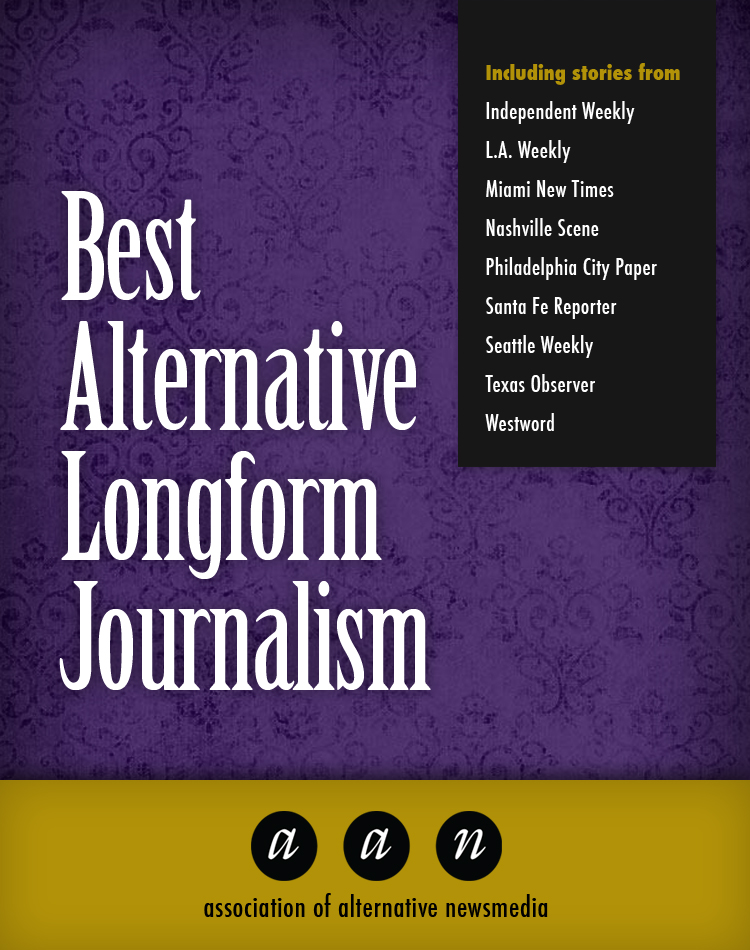
A con man ruining lives from behind bars. A woman who took on her health insurance company and won huge. A producer who lost everything on an epic coke binge. Those stories and more are included in Best Alternative Longform Journalism, a new anthology of great writing from alt-weeklies, which is available free and only through Longform.
Featuring: Gus Garcia-Roberts (Miami New Times), Sharyn Jackson (Santa Fe Reporter), Caleb Hannan (Seattle Weekly), Alan Prendergast (Westword) and many more.
Published by Association of Alternative Newsmedia.
Download Best Alternative Longform Journalism for free:
• ePub
• mobi (Kindle)
• pdf
Send to Readmill

